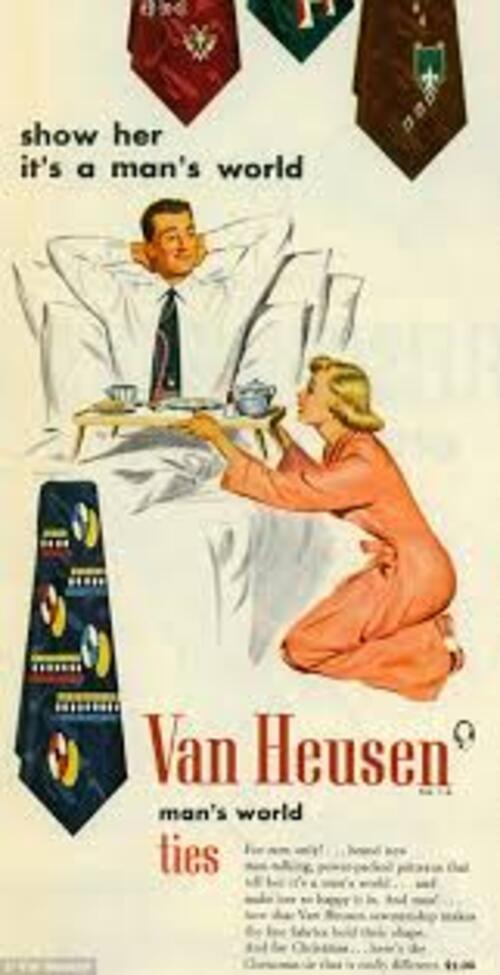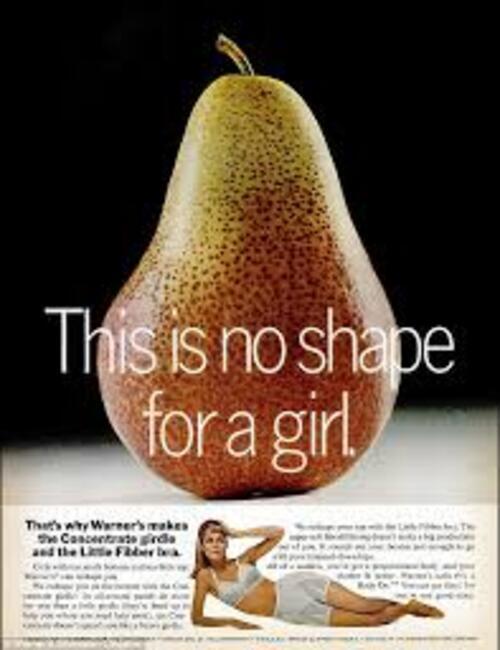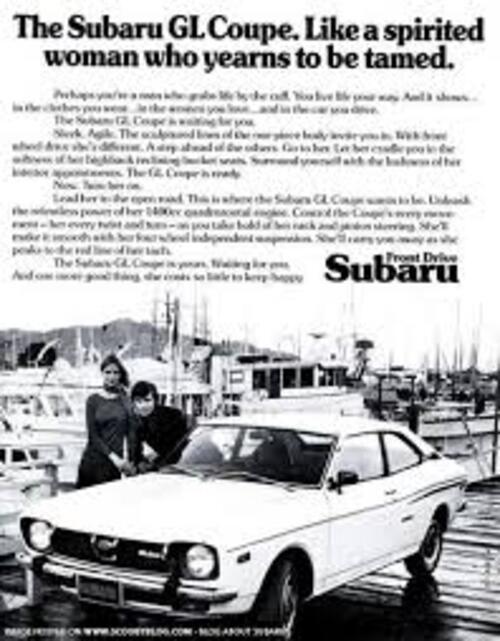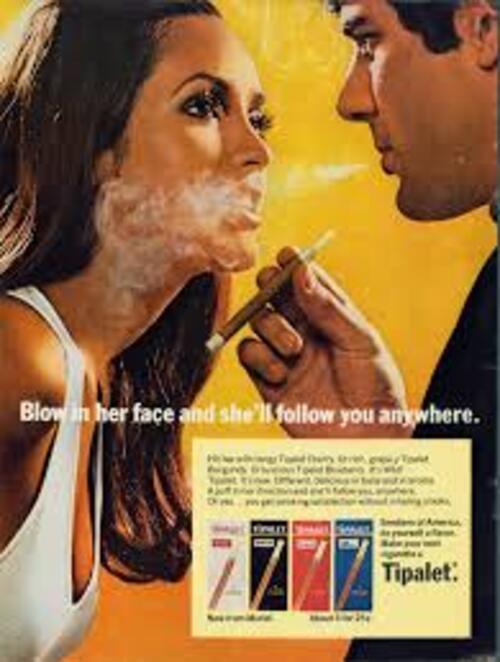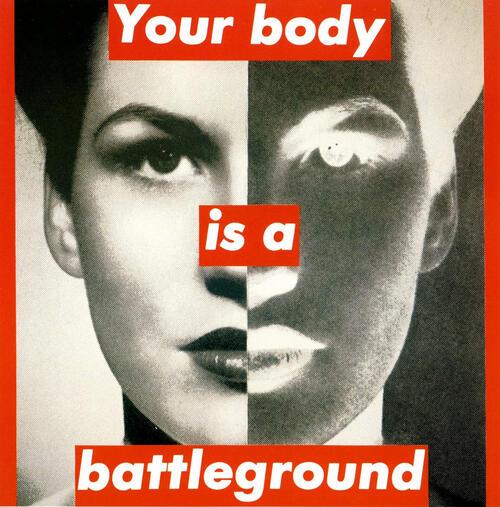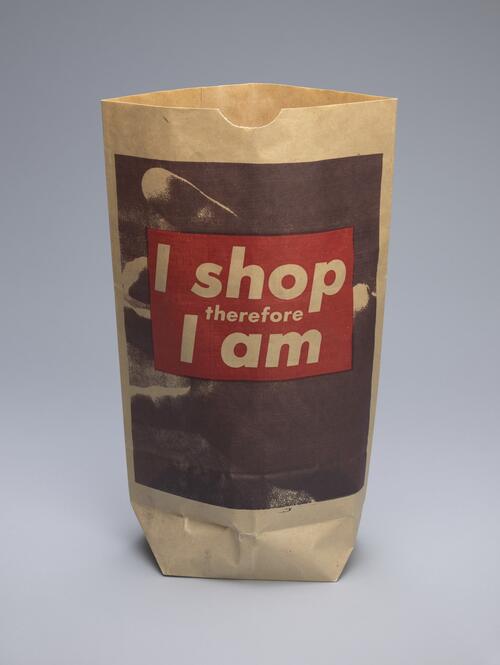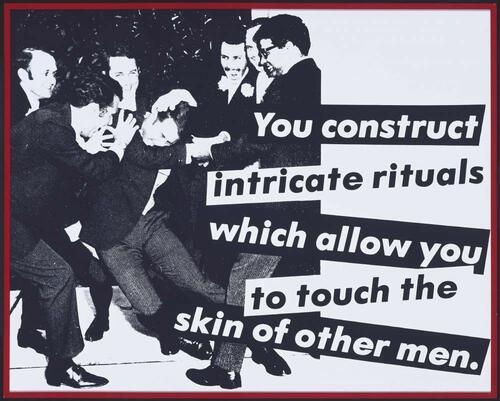Rabbi Michael Rothbaum
Michael is a rabbi and educator at Beth Chaim Congregation in Danville, CA. His lesson plan, “Selling Soap, Smashing Sexism, Seeing Ourselves” uses Torah and images of art and advertising to teach students about how women are viewed in the media, as well as to create their own artwork inspired by Jewish artist Barbara Kruger.
Selling Soap, Smashing Sexism, Seeing Ourselves
In this lesson, students explore the work of Jewish artist Barbara Kruger, and learn how to look critically at images of women in advertising.
Overview
Enduring Understandings
- Advertisements shape our views of gender roles and women.
- Dismantling sexism in modern texts can help us navigate discussions about historical or religious institutionalized sexism.
Essential Questions
- What do ads tell us about how society views women and their roles in the world?
- How can we help to change the system of advertising that relies on sexist stereotypes and ideas to sell products?
- Can art be as persuasive as words in making change?
Materials Required
- Current magazine images of women and girls, old Hebrew school textbooks, posters
- Plain paper
- Scissors and glue
Notes to Teacher
- This unit was designed to be taught over the course of three lessons (corresponding to Parts 1-3 in the lesson plan)
- This lesson was designed for Jewish students in grades 8-12


